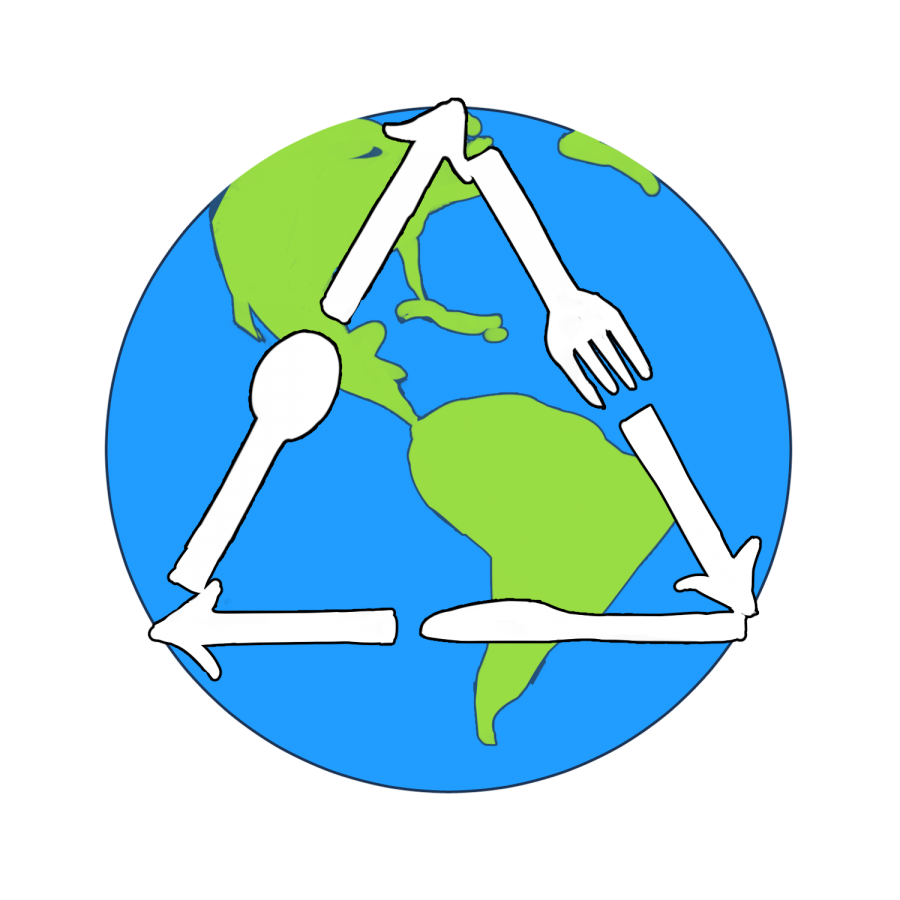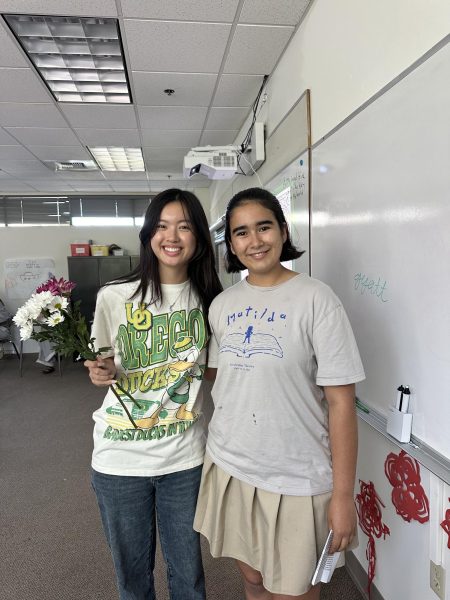Column: Green Gastronomy: Coronavirus Sustainability
Since stay at home orders have continued to spread, we have seen a reduction in car travel, plane travel, and even industrial production, as well as a reduction in ecosystem disturbance now that many parks and beaches are temporarily closed. According to CNN, as of April 6, scientists had observed “a 20% improvement in overall air quality in Southern California” since March 16, just three days before state-wide stay at home order was put in place. For a period of time, we’re getting a glimpse of what the planet could look like if humans weren’t here—or, at least, if we drastically reduced our environmental impact.
While the pandemic itself isn’t in any way positive, there are definitely some lessons we can learn from our current situation. Being forced to make such drastic changes to our lifestyle puts things in perspective and helps us see that the way we’re used to living is not actually necessary. While I’m definitely not suggesting that, after the pandemic is over, we continue to only leave our houses once a week, I do think our current circumstances reveal that a collective reduction of pollution is entirely feasible—it seems we just needed an immediate and visible global disaster, rather than the looming threat of one, to get us to actually make that change.
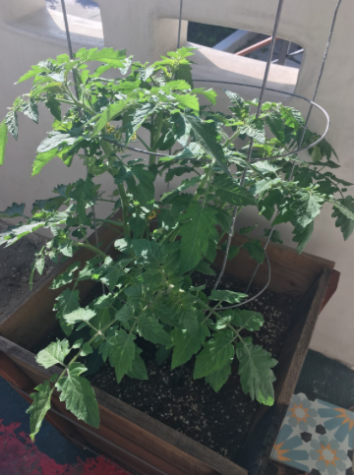
On the other hand, while the pandemic has indirectly led to the reduction of pollution, it’s also brought forth a huge surge in the use of plastic and single-use items, mainly for hygiene or convenience purposes. These can be scary and stressful times, so the desire to prioritize safety and efficiency is completely understandable—but, there are ways to stay safe while still being as sustainable as possible. For example, rather than using single-use masks and throwing them away after every time you go out, you can buy—or even better, make—your own reusable ones (click here for tips on how to make them from repurposed clothes).
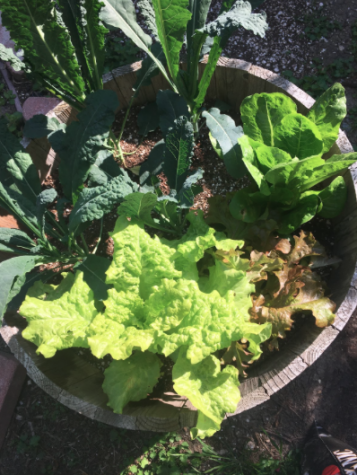
Additionally, while you might be inclined to buy more packaged foods, whether it’s canned food to stock up on, or lettuce in a bag so you can avoid the possibility of other people’s germs getting on it, a more sustainable, and, frankly, safer, option would be to start an edible garden at home; that way, you don’t have to buy all your produce in plastic, and you can avoid going to the store as often—definitely a win-win situation.
Kann, Drew. “Los Angeles Has Notoriously Polluted Air. But Right Now It Has Some of the Cleanest of Any Major City.” CNN, Cable News Network, 7 Apr. 2020, www.cnn.com/2020/04/07/us/los-angeles-pollution-clean-air-coronavirus-trnd/index.html.




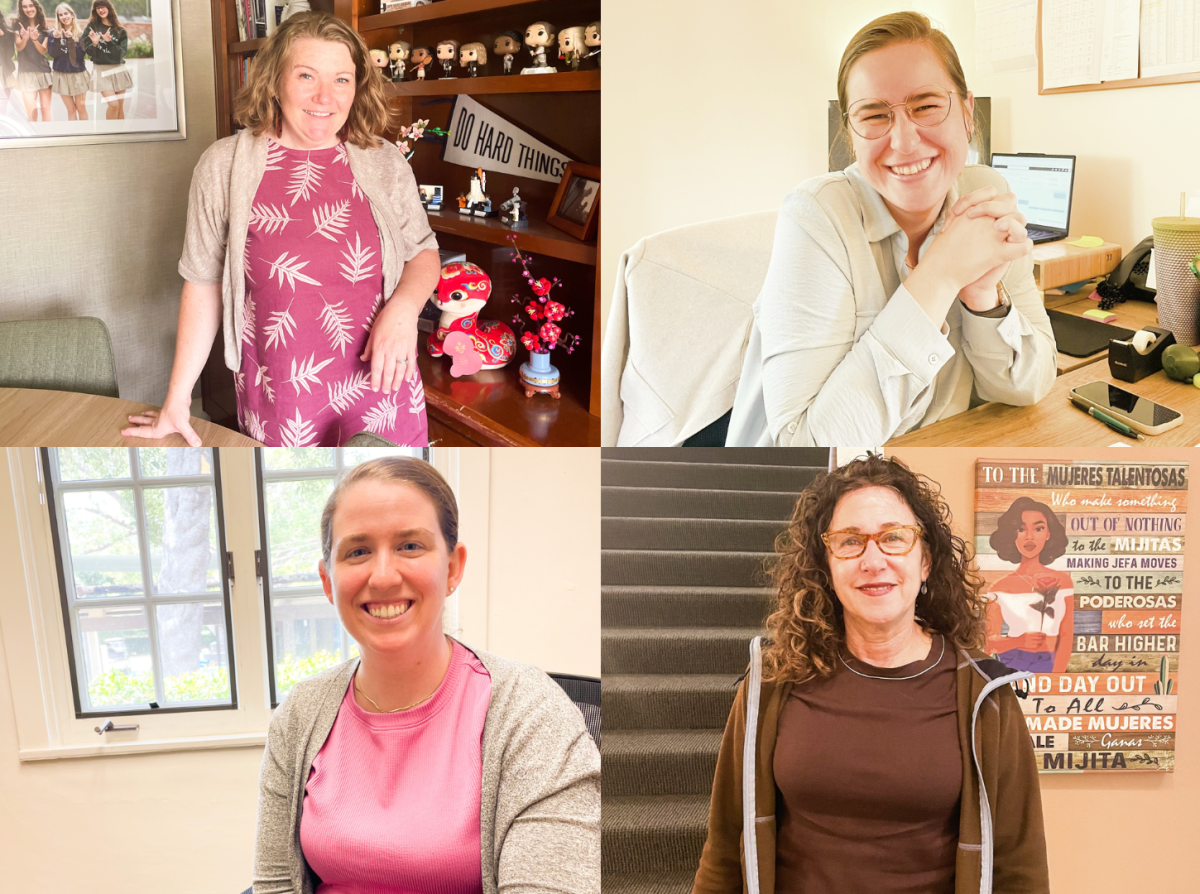
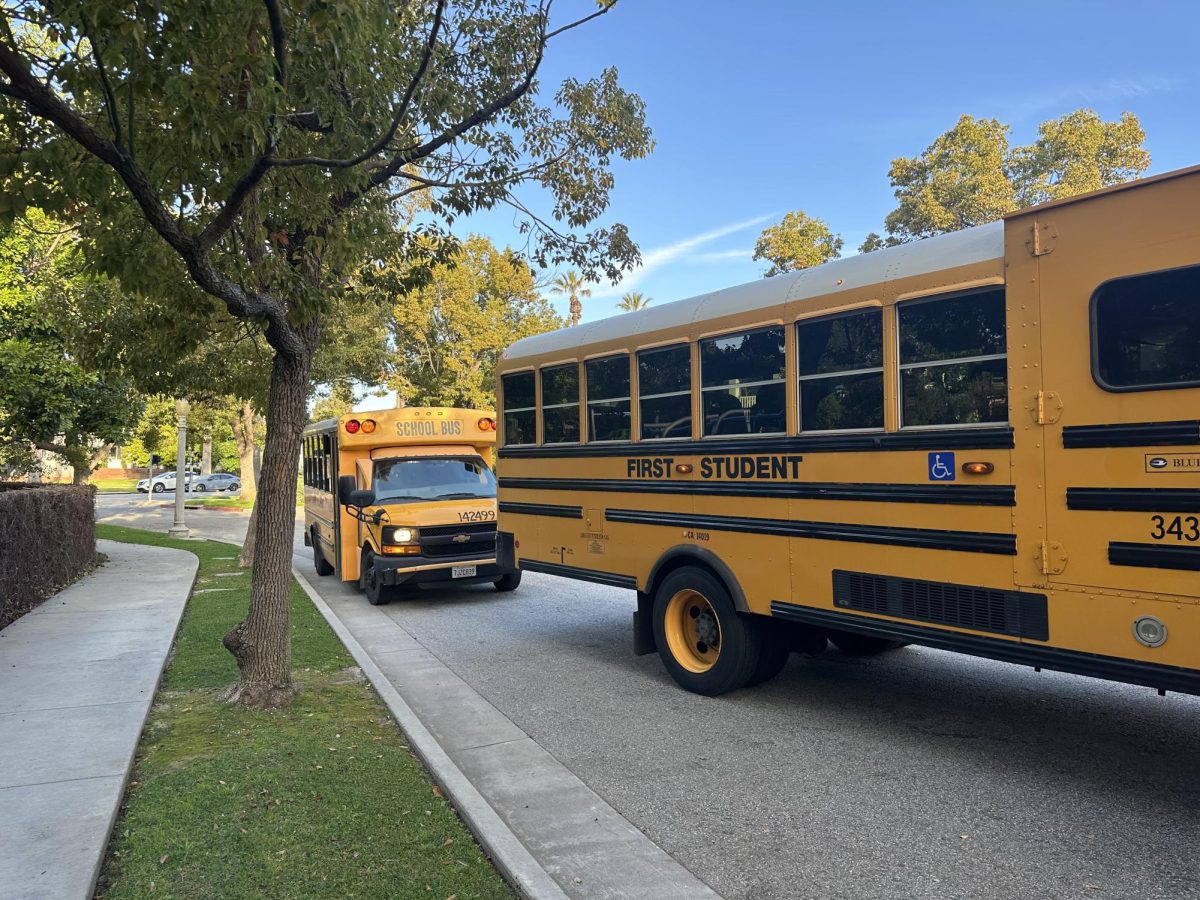


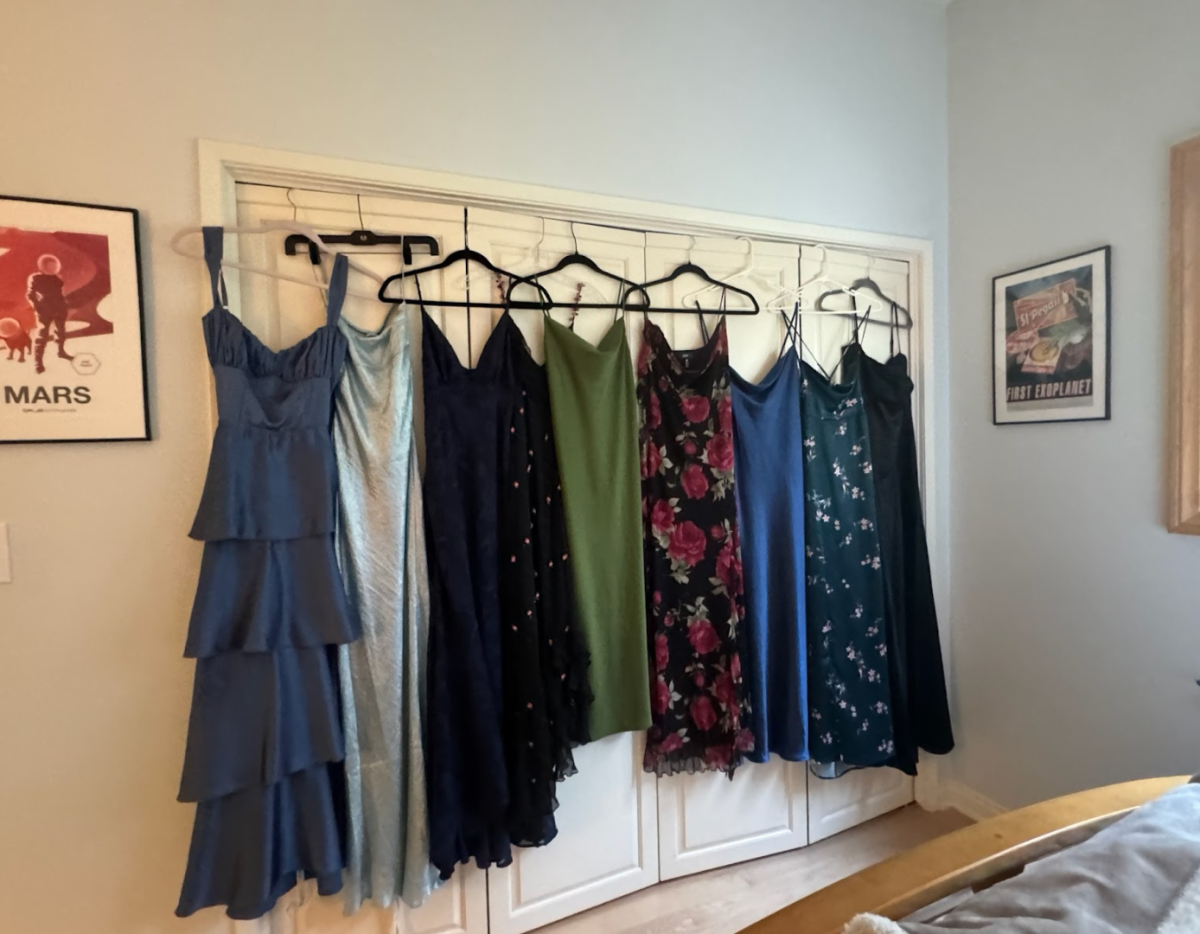








![Dr. Zanita Kelly, Director of Lower and Middle School, pictured above, and the rest of Westridge Administration were instrumental to providing Westridge faculty and staff the support they needed after the Eaton fire. "[Teachers] are part of the community," said Dr. Kelly. "Just like our families and students."](https://westridgespyglass.org/wp-content/uploads/2025/03/dr.-kellyyy-1-e1748143600809.png)











































